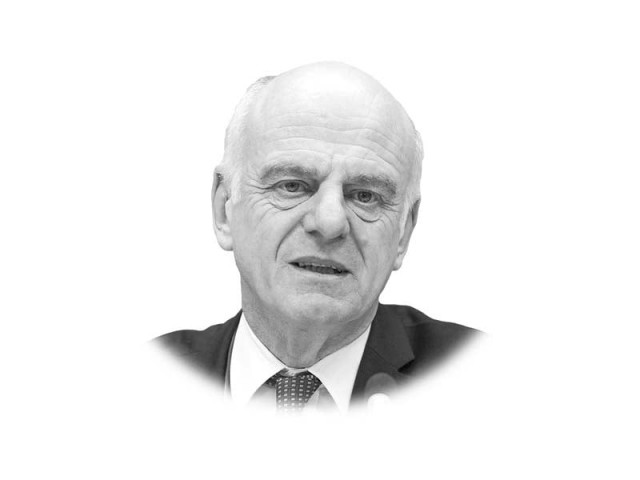Maintaining momentum of SDGs
Public support and public pressure will be essential for transforming the SDGs from aspiration into reality

The writer is Special Adviser to the Secretary General for the 2030 Agenda for Sustainable Development and Climate Change
I am optimistic because of the nature of the Sustainable Development Goals (SDGs). The Goals are underpinned by four powerful principles. Firstly, they are connected and indivisible, linking development, human rights, peace and security. Second, they are universal. They apply to every person everywhere. Third, they are to be implemented through inclusive participation of all of society. Fourth, as they are implemented no one should be left behind. The SDGs have created a common purpose for the well-being of coming generations and for a planet that is fit for the future. This is why we have seen a fast, strong, and even urgent shift from all sectors towards more sustainable practices and policies.
In this first year anniversary “SDG Year 1”, more than 50 governments, and also numerous businesses, scientists and civil society organisations have stepped up their efforts to make the SDGs a central framework for their policies and actions, and have increased their focus and investment on data collection and analysis to guide decisions and leave no one behind. At the local level, hundreds of cities and municipalities are adopting their own plans to achieve the goals. And thousands of communities from different sectors of society have accelerated actions under the SDG banner.
All these steps have built momentum to limiting climate change, advancing gender equality, mitigating natural disasters, addressing mass migration, and reducing inequality. This past July, 22 governments presented to the UN their SDG plans. They showed how they have made the SDGs a central framework for national development. They help ensure that actions are aligned, that programmes work in synergy and that finance is used as efficiently as possible. This means that development cooperation will be aligned with the SDGs.
The momentum behind the Paris Agreement on Climate Change is also accelerating and so far governments of 27 nations have ratified the agreement, including the world’s largest emitters of greenhouses gases, China and the US. Other sectors are building momentum too. There has also been a noticeable transformation in how businesses are operated with greater focus on social, economic and environmental dimensions of development. And the UN has shifted to joint working in support of aligned policies from focusing on projects to convening stakeholders, and aligning efforts so that partners can work together in an efficient and effective manner. It is clear that enormous strides have been made. But much more has to be done to implement the SDG plan. The SDGs lay out specific targets for all to solve the challenges our planet and people around the world are facing.
How do we stay on this path and realise a sustainable future? That is where the most important stakeholder, the people, comes in. Public support and public pressure will be essential for transforming the SDGs from aspiration into reality. My aim is for two billion people around the world to be aware of the SDGs by the end of 2017 and for another million people to become activists, to be change-agents who press decision-makers and who hold them accountable until we have transformed our world and made it more sustainable.
Children and youth have a particularly important role to play, as the face of social movements, the drivers of social change and the torchbearers of a more sustainable future for generations to come. The first anniversary of the adoption of the SDGs is an opportunity to celebrate all achievements made, to do more to make SDGs a reality and most importantly to thank the governments, businesses, civil society groups and young people around the world for all their efforts. If all the relevant stakeholders continue to work towards building a sustainable and resilient world, achieving the SDG targets in the next 14 years, and hence transforming the way we live really is a feasible objective. And let’s face it, we really do not have a plan B. There is no planet B.
Published in The Express Tribune, September 21st, 2016.
Like Opinion & Editorial on Facebook, follow @ETOpEd on Twitter to receive all updates on all our daily pieces.















COMMENTS
Comments are moderated and generally will be posted if they are on-topic and not abusive.
For more information, please see our Comments FAQ